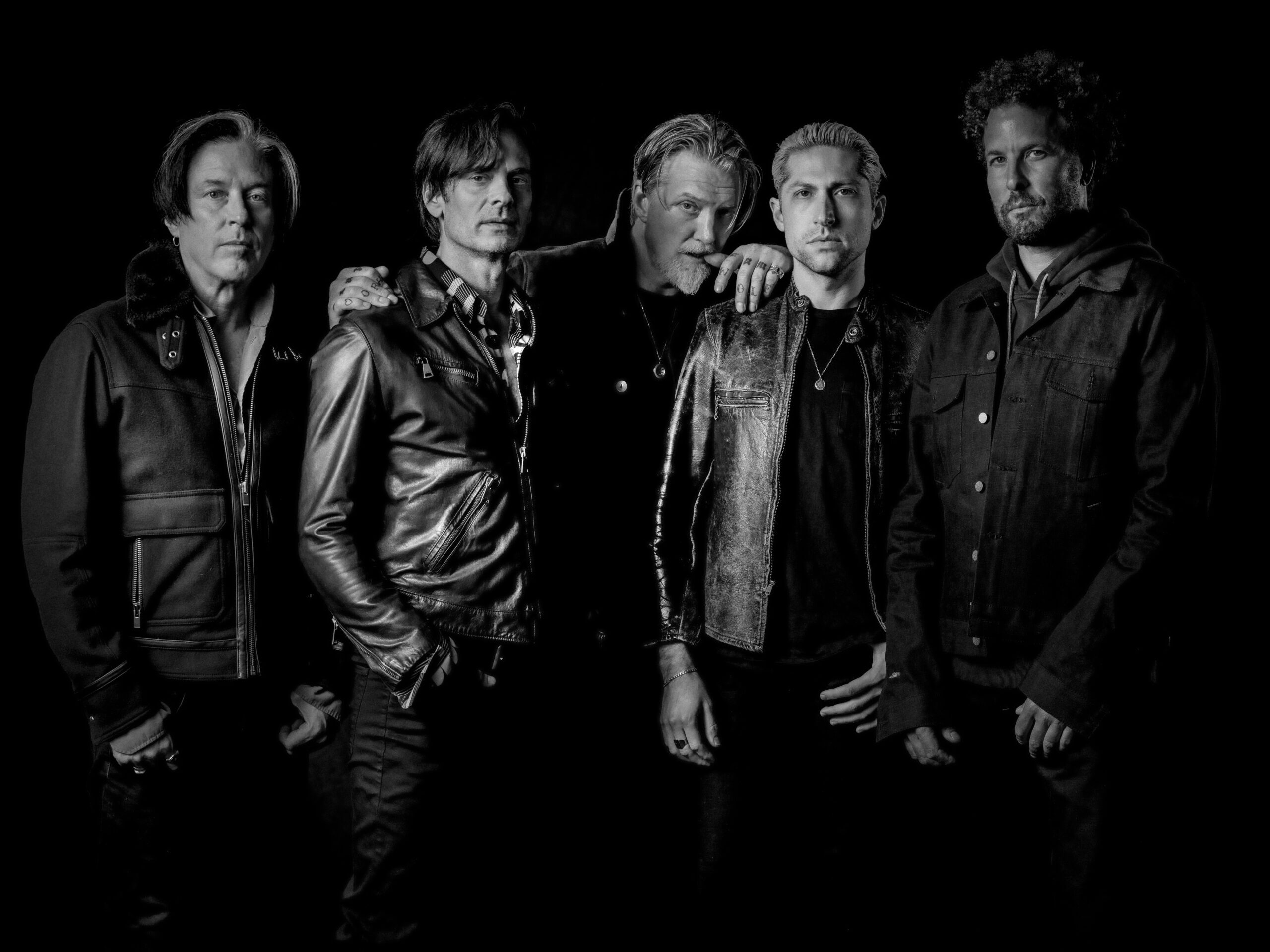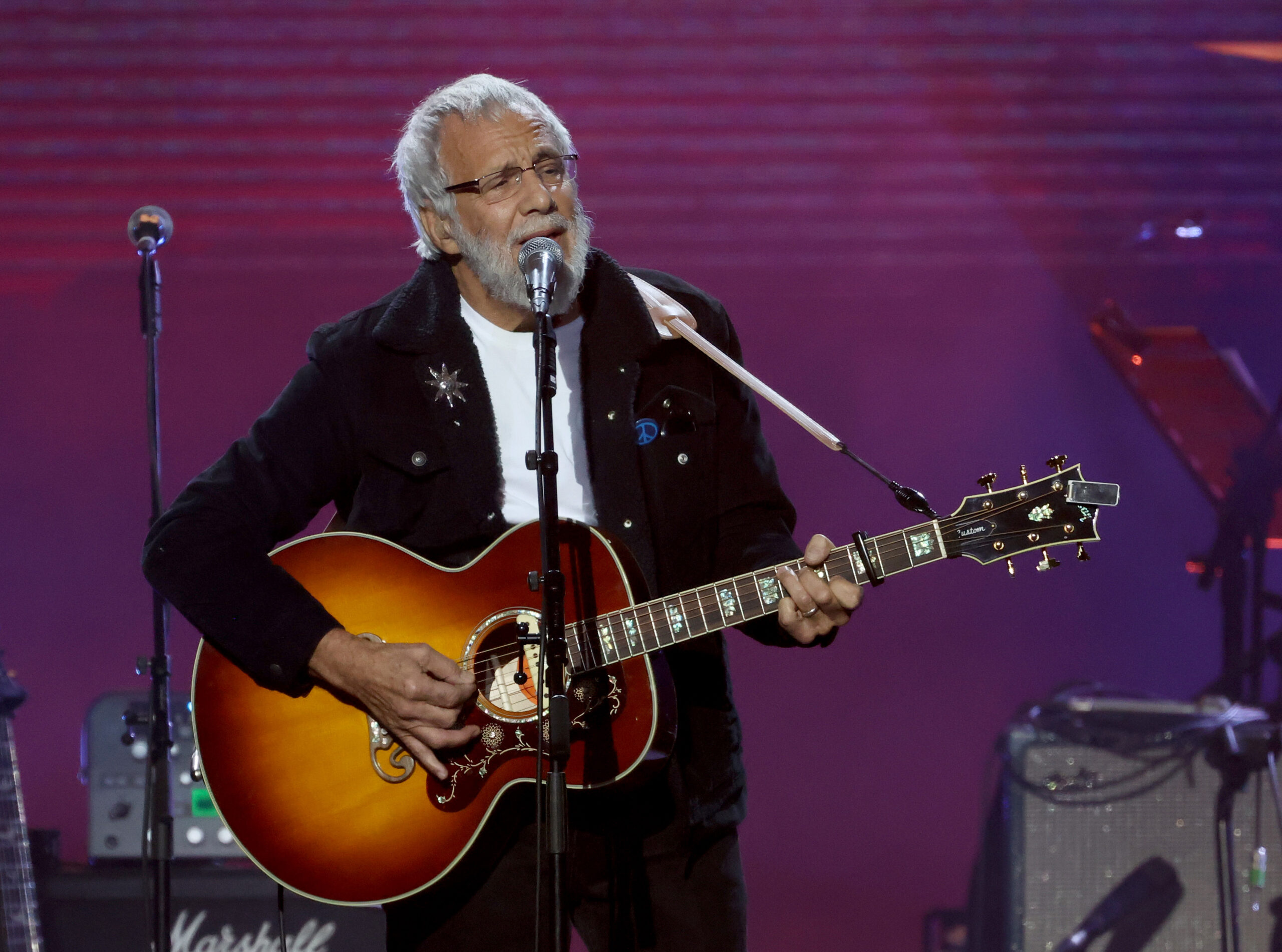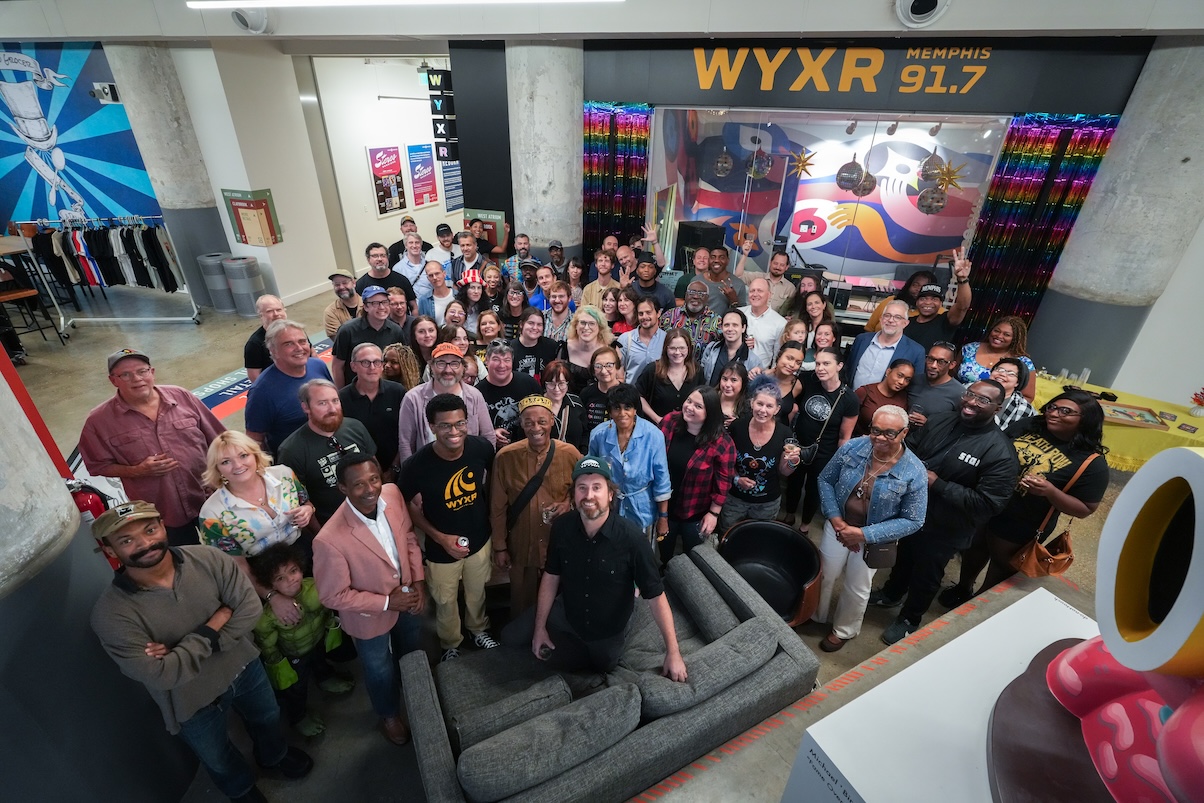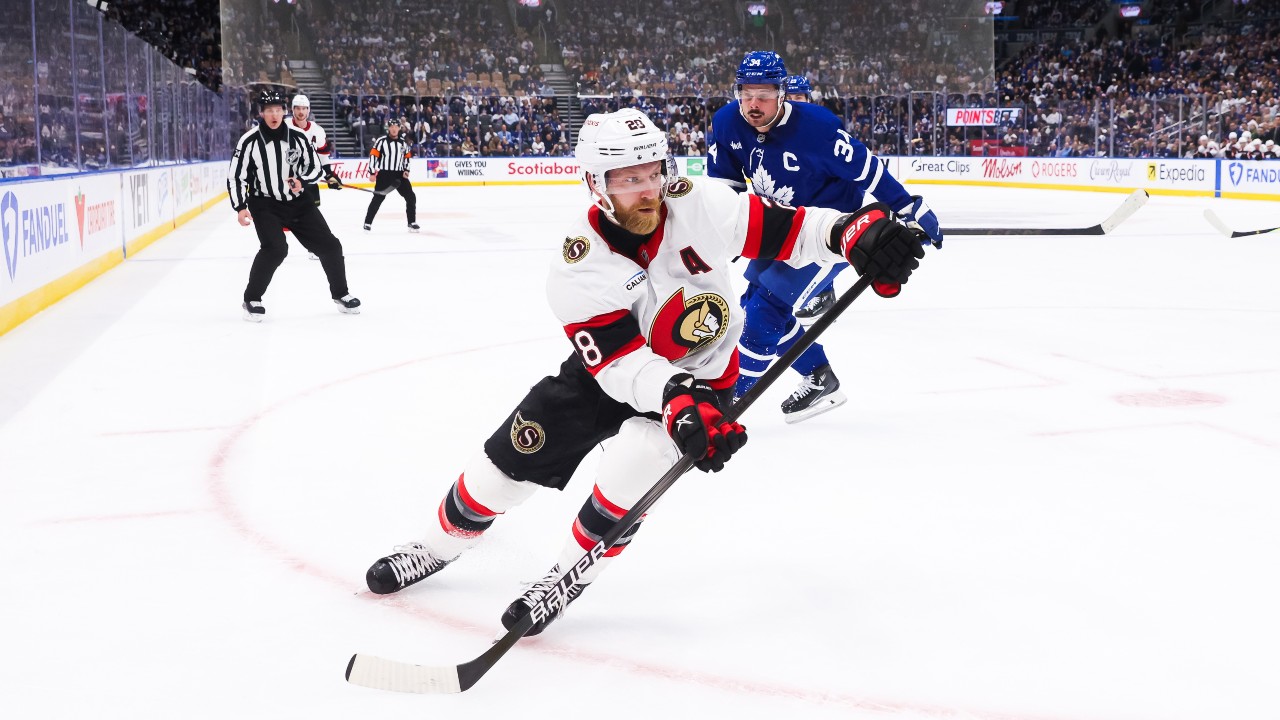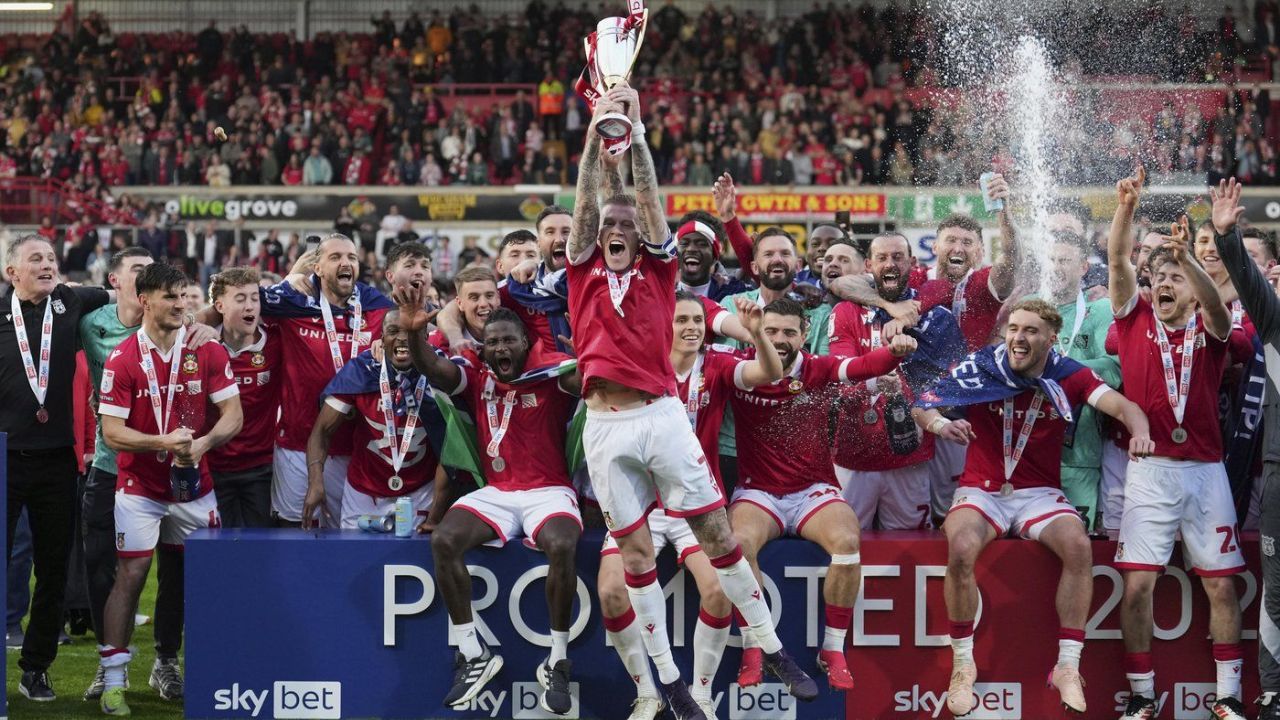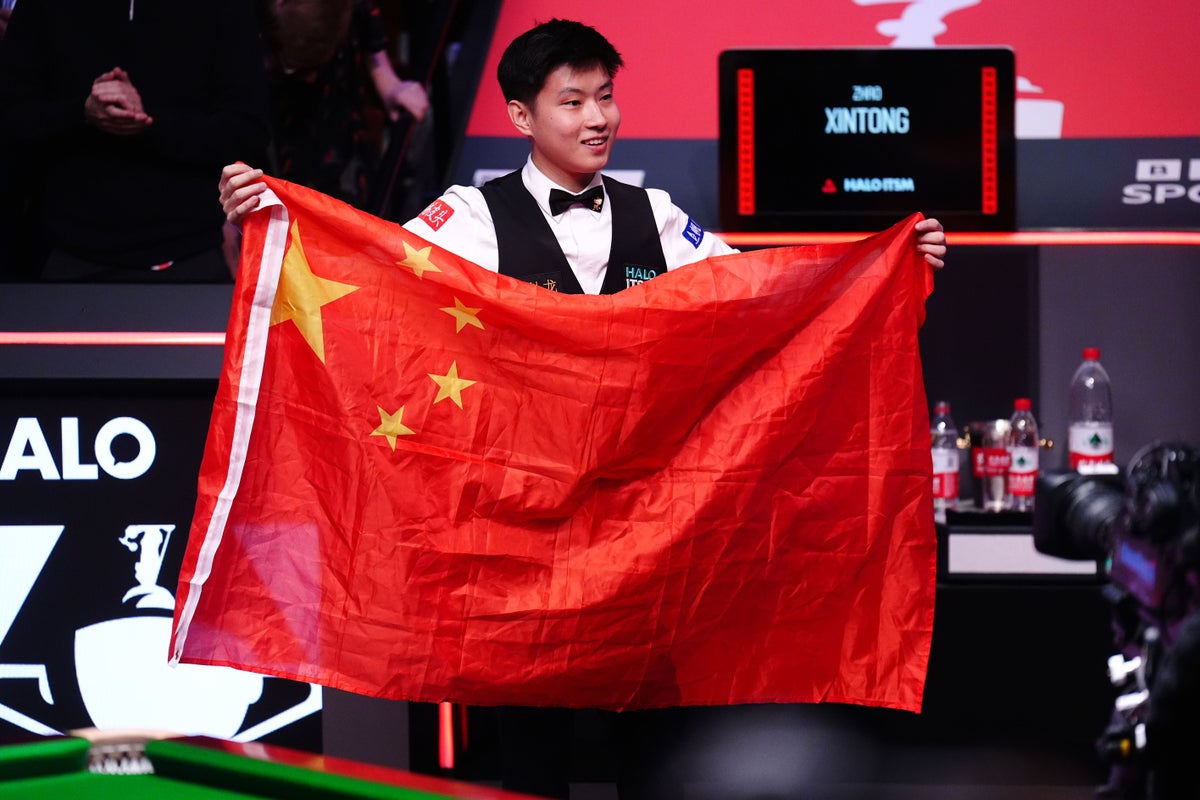Mission relatable: forget the stunts, the key to Mission Impossible’s appeal is office dynamics | Phil Hoad
From put-upon backroom schlubs to everyone-knows romances, the franchise reflects modern work culture, especially the collective banter With Tom Cruise’s reckoning upgraded to “final” in the imminent instalment of the Mission: Impossible franchise, it seems a strong probability that the curtain is about to fall on cinema’s leading daredevil. Unless his Impossible Mission Force agent Ethan Hunt expires mid-battle like 007 in No Time to Die, it seems likely the character will be gracefully retired. Cruise, now 62, can’t reasonably be expected to suction-cup himself to landmark architecture for much longer. Which begs the question of his IMF colleagues: what to buy the departing espionage hotshot? There’s always the trusty carriage clock (fitted with disarmable neutron bomb, just to keep his skills ticking over).The office comparison isn’t just fanciful. Along with envelope-pushing stunts and concierge-class glamour, part of the reason for the Mission: Impossible franchise’s resurgence over the last 15 years is something far more relatable: how it reflects modern office dynamics. Compared with lone wolves Bond and Bourne, the series was always more of a team endeavour, rooted in the collective ethos of the 60s TV series. Since 2011’s fourth film Ghost Protocol, Hunt’s collaborators have stabilised into a dependable unit: the stalwart Luther Stickell (Ving Rhames) present since the original 1996 reboot, wisecracking techie Benji Dunn (Simon Pegg), rogue MI6 agent Ilsa Faust (Rebecca Ferguson) and, to a lesser extent, Jeremy Renner’s analyst/agent. Continue reading...

From put-upon backroom schlubs to everyone-knows romances, the franchise reflects modern work culture, especially the collective banter
With Tom Cruise’s reckoning upgraded to “final” in the imminent instalment of the Mission: Impossible franchise, it seems a strong probability that the curtain is about to fall on cinema’s leading daredevil. Unless his Impossible Mission Force agent Ethan Hunt expires mid-battle like 007 in No Time to Die, it seems likely the character will be gracefully retired. Cruise, now 62, can’t reasonably be expected to suction-cup himself to landmark architecture for much longer. Which begs the question of his IMF colleagues: what to buy the departing espionage hotshot? There’s always the trusty carriage clock (fitted with disarmable neutron bomb, just to keep his skills ticking over).
The office comparison isn’t just fanciful. Along with envelope-pushing stunts and concierge-class glamour, part of the reason for the Mission: Impossible franchise’s resurgence over the last 15 years is something far more relatable: how it reflects modern office dynamics. Compared with lone wolves Bond and Bourne, the series was always more of a team endeavour, rooted in the collective ethos of the 60s TV series. Since 2011’s fourth film Ghost Protocol, Hunt’s collaborators have stabilised into a dependable unit: the stalwart Luther Stickell (Ving Rhames) present since the original 1996 reboot, wisecracking techie Benji Dunn (Simon Pegg), rogue MI6 agent Ilsa Faust (Rebecca Ferguson) and, to a lesser extent, Jeremy Renner’s analyst/agent. Continue reading...
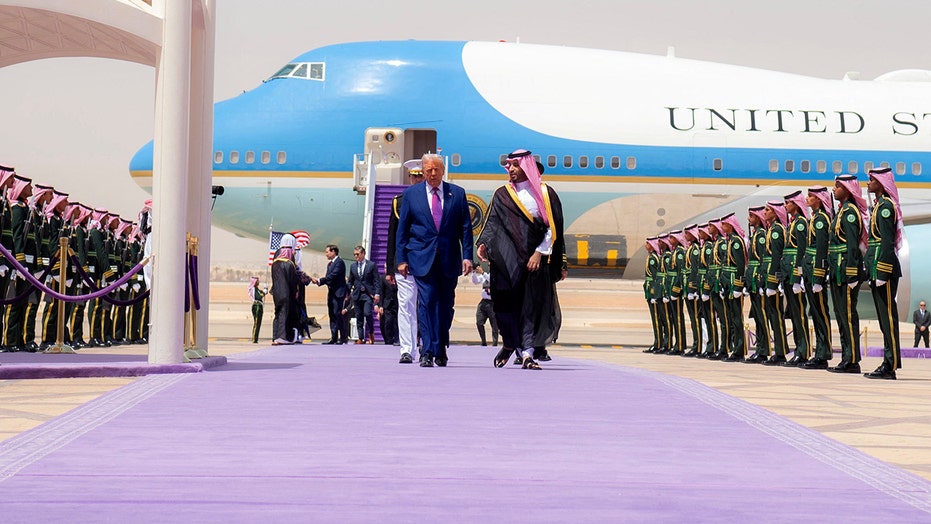
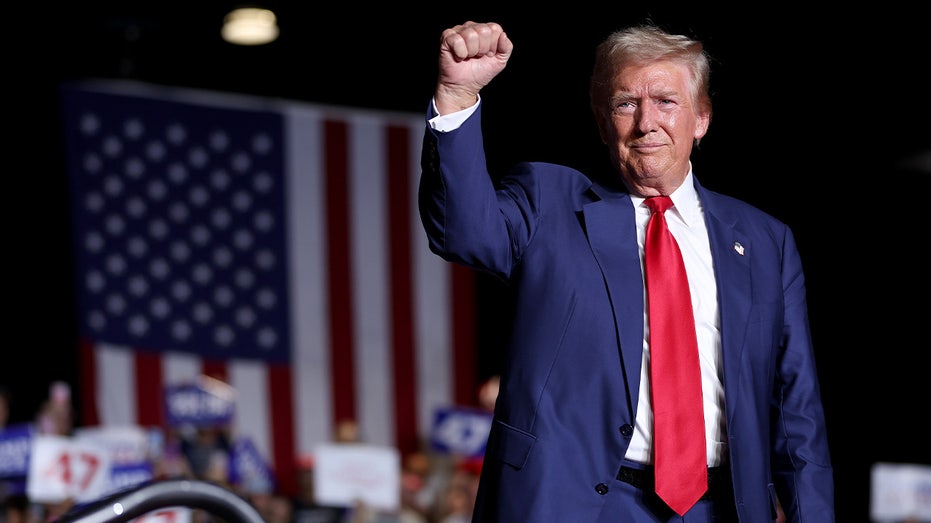
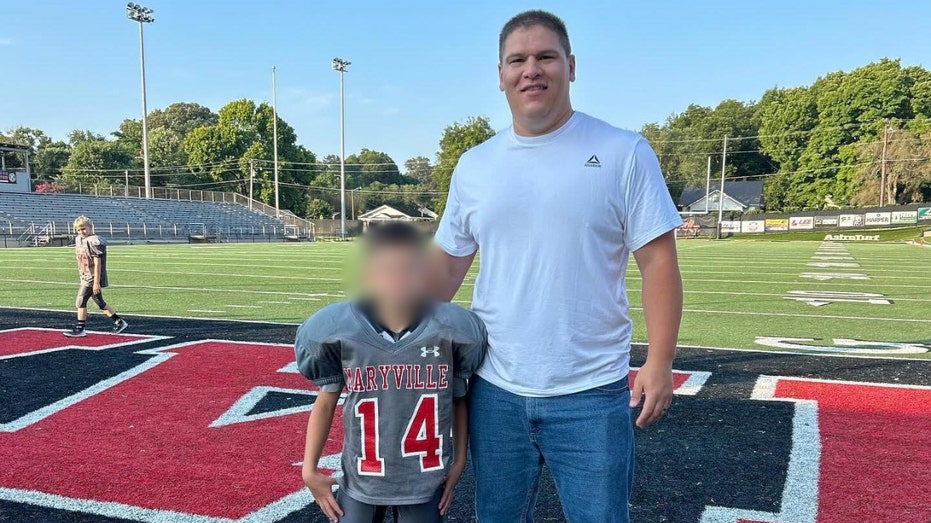
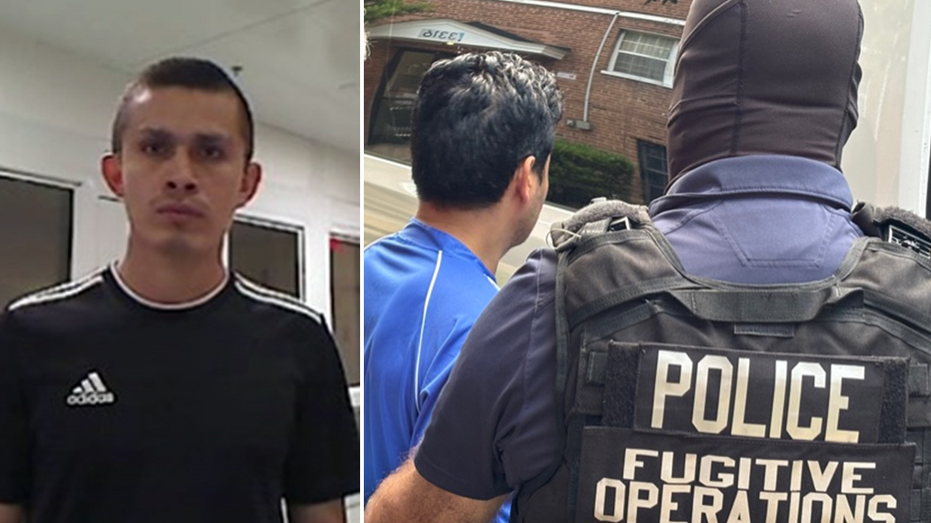
















_ElenaBs_Alamy.jpg?width=1280&auto=webp&quality=80&disable=upscale#)
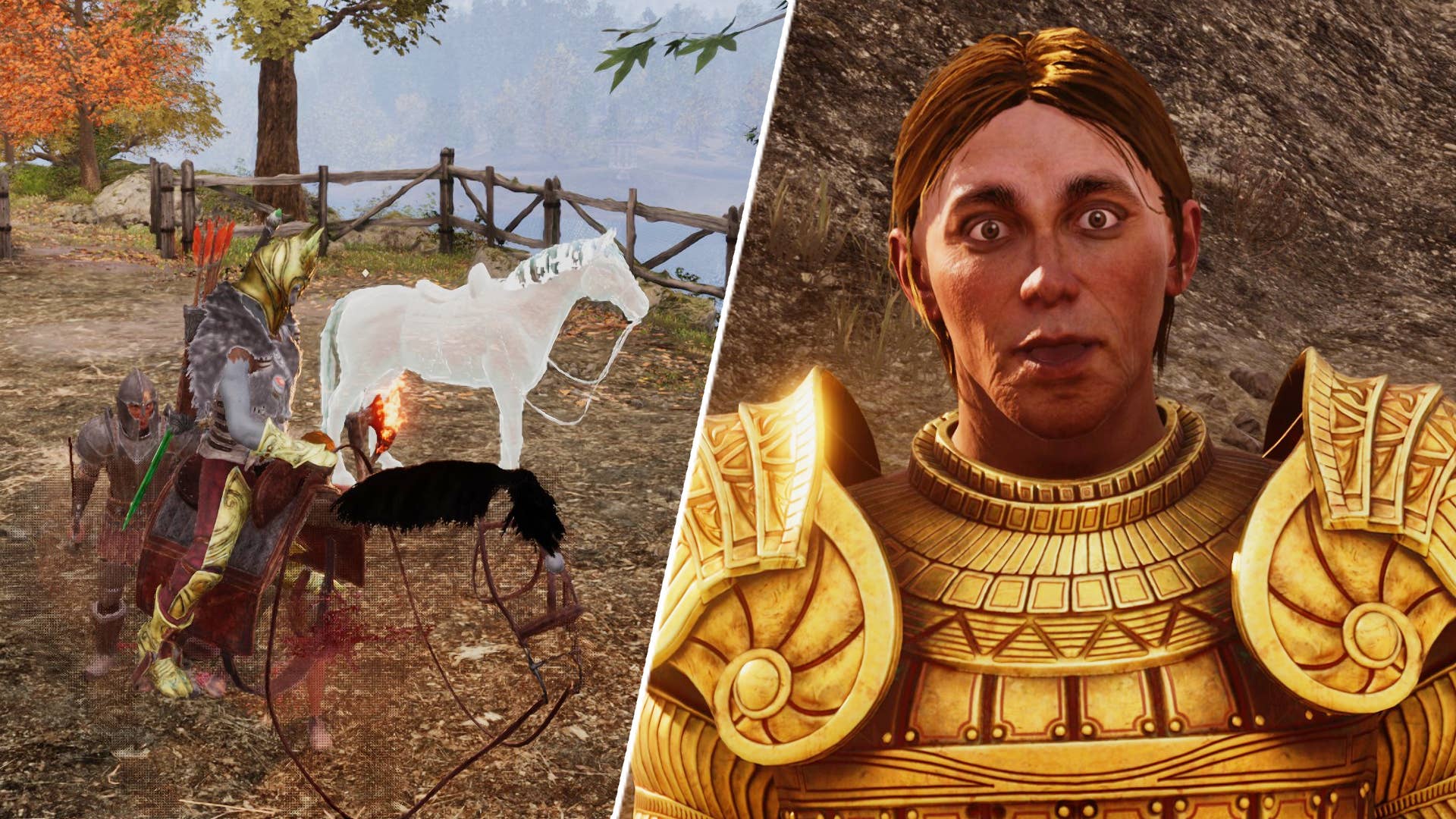
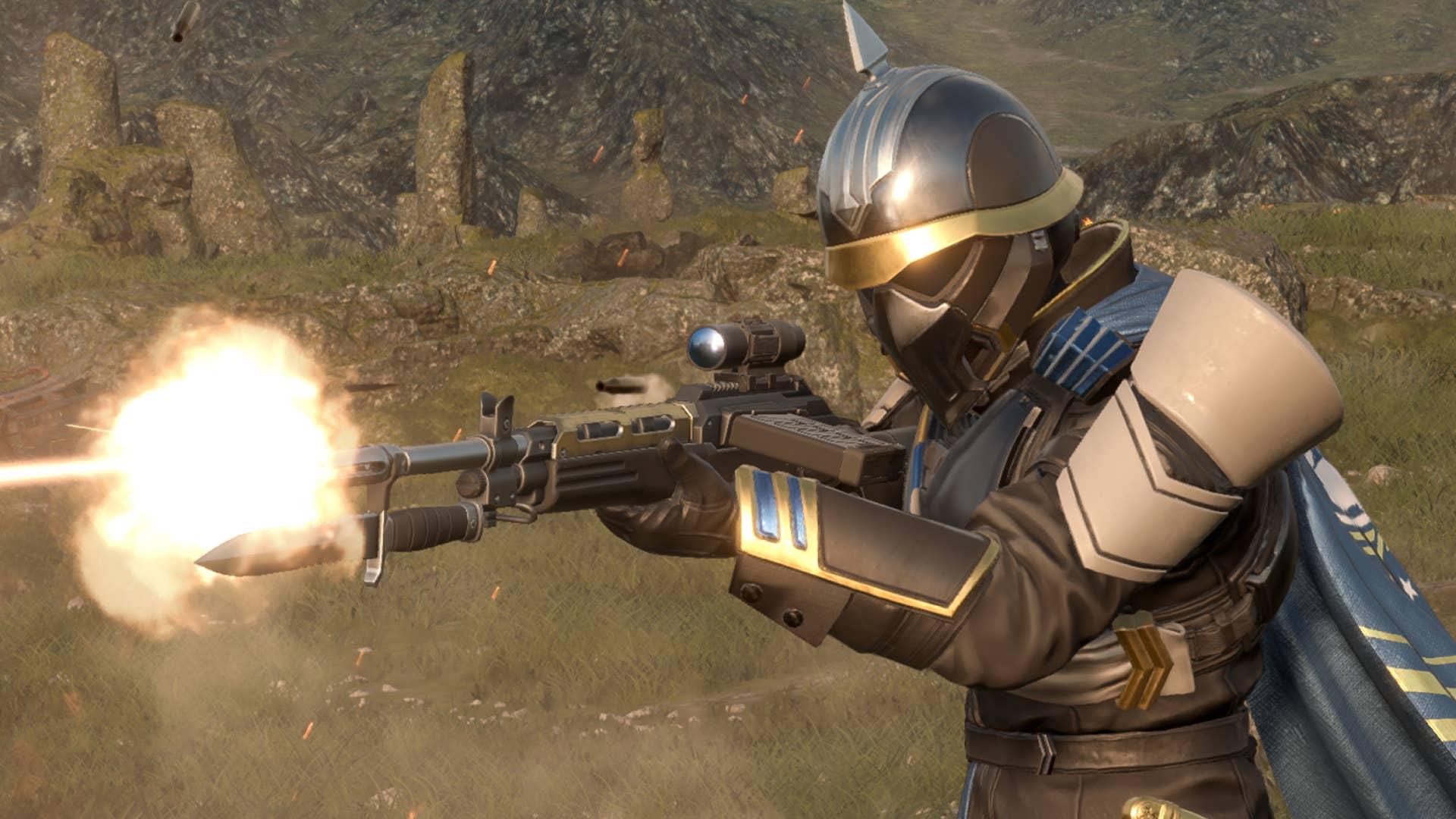
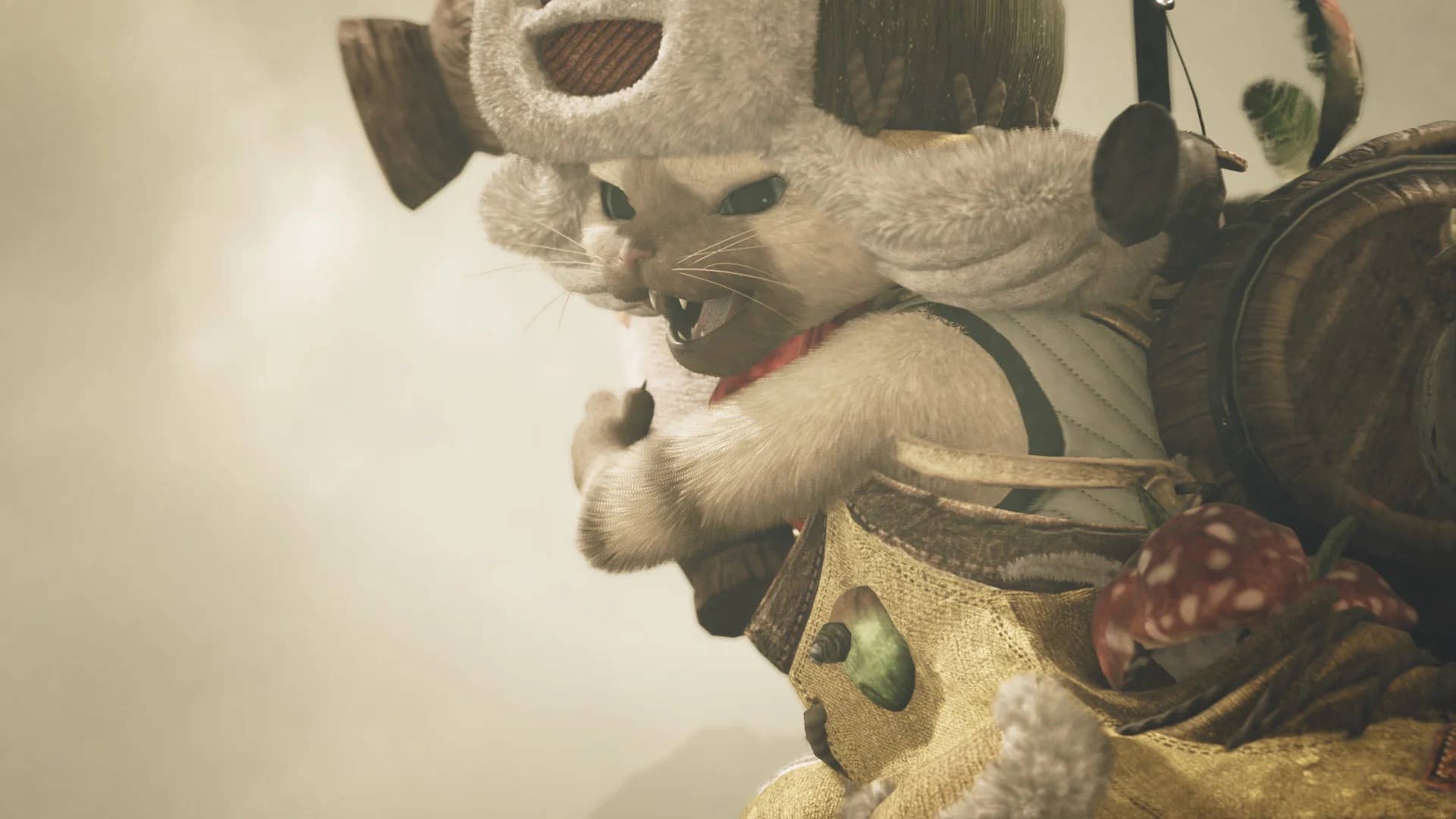

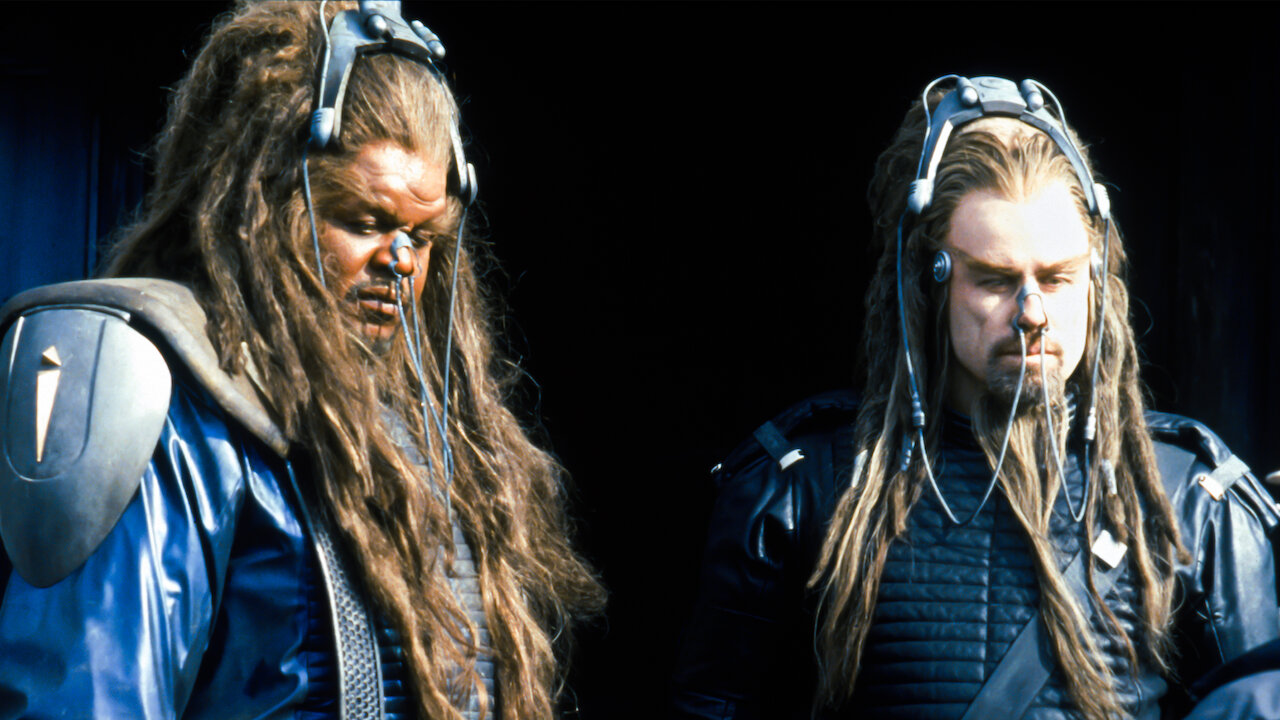
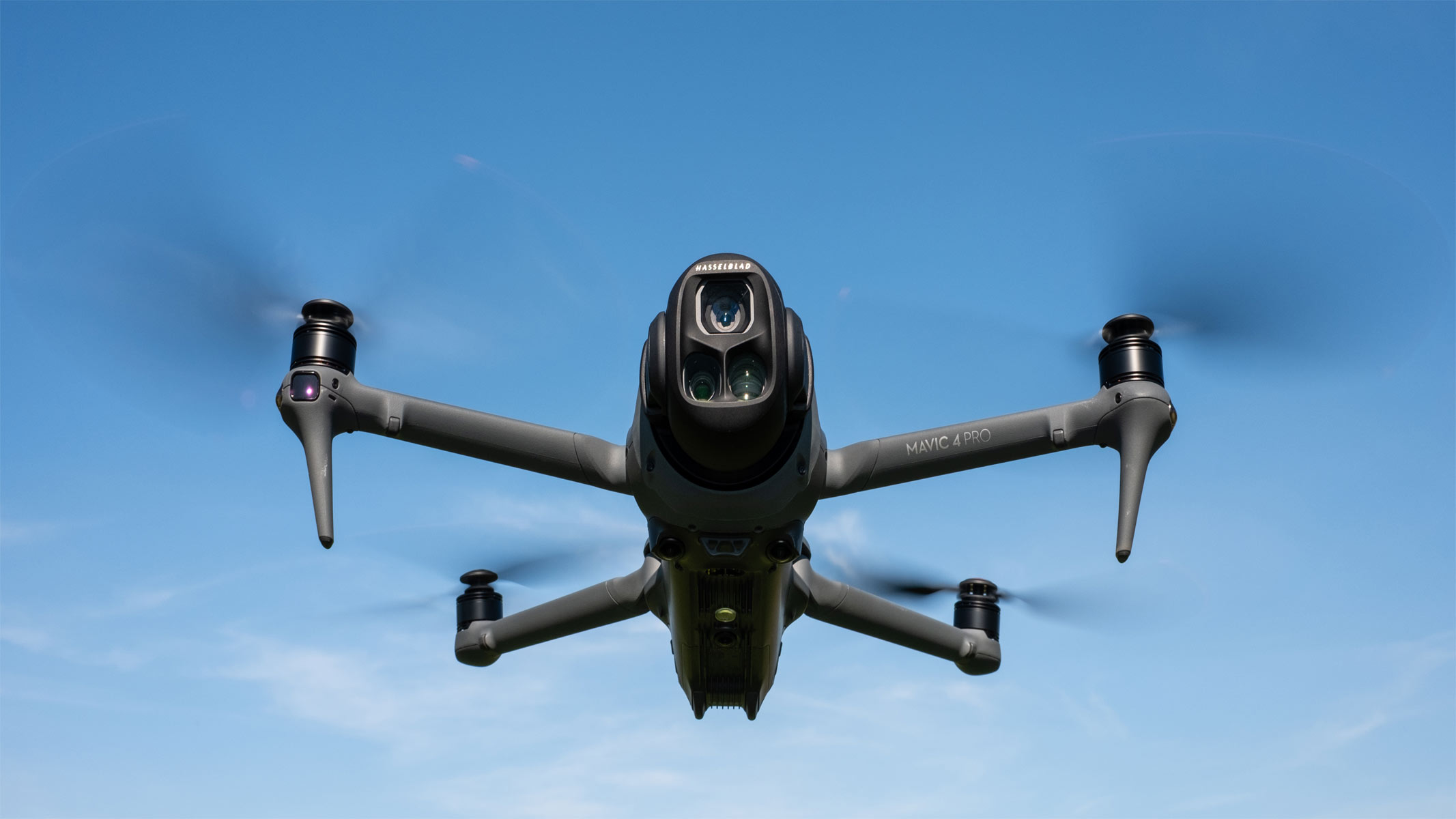
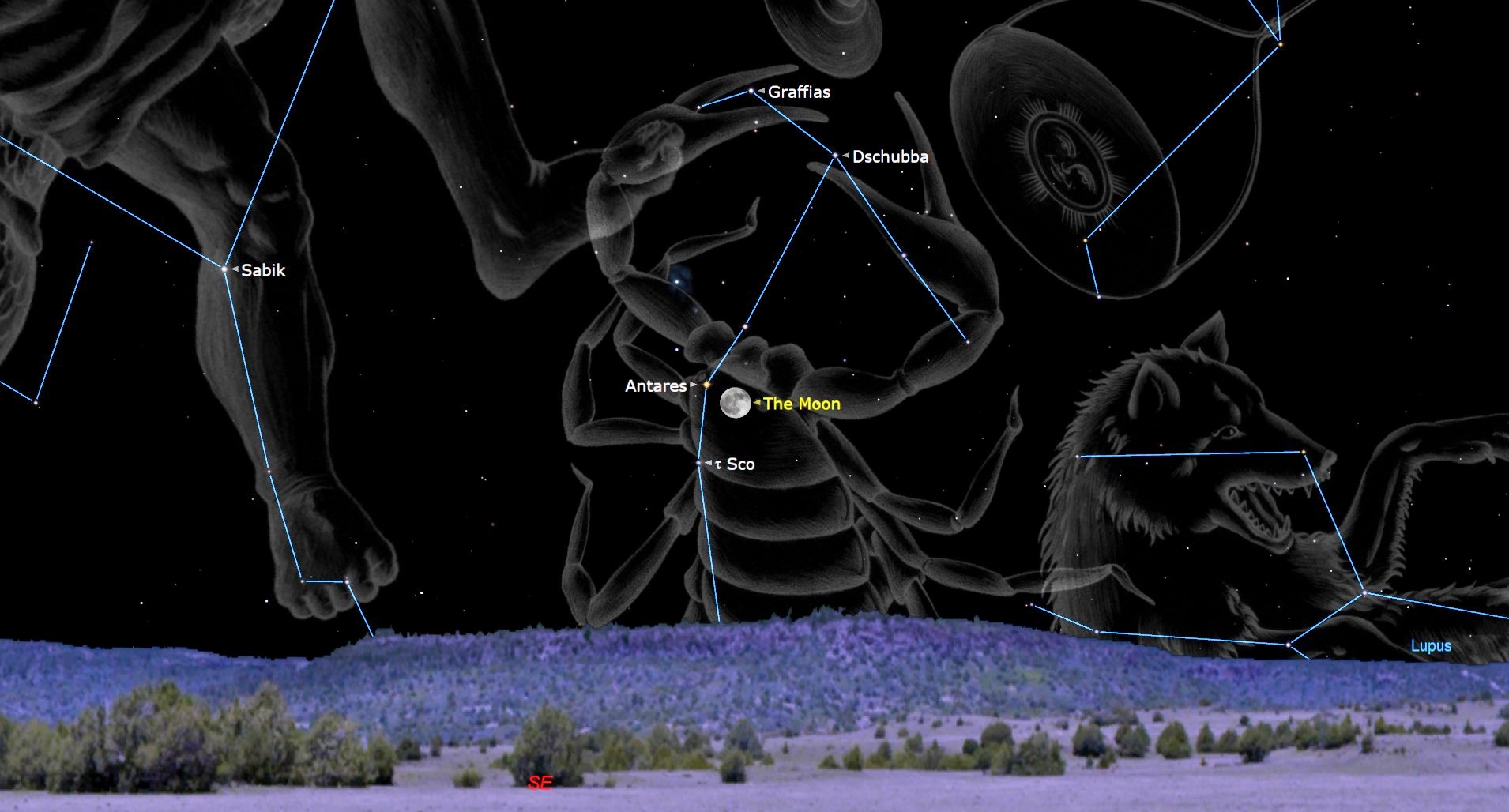
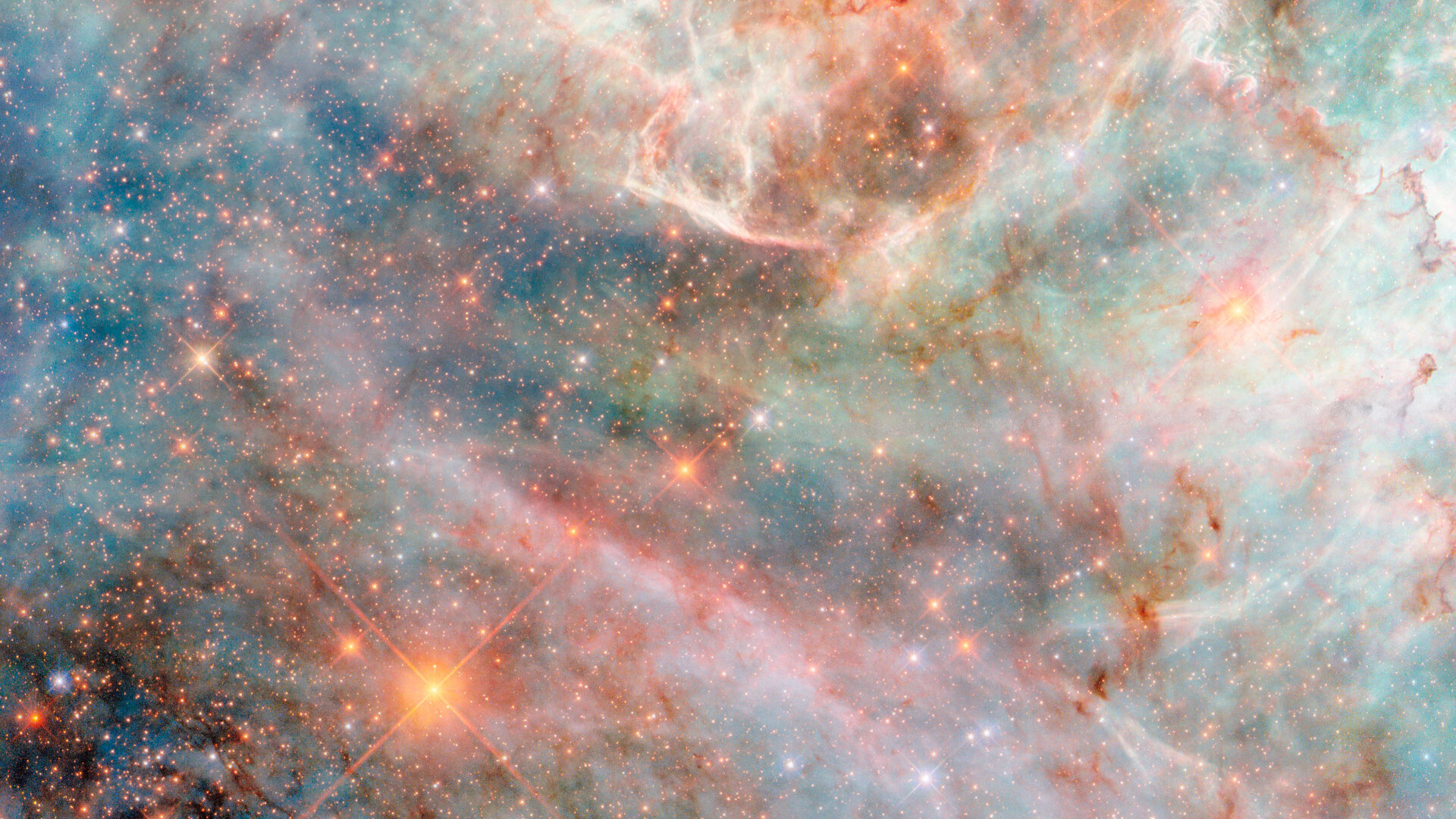







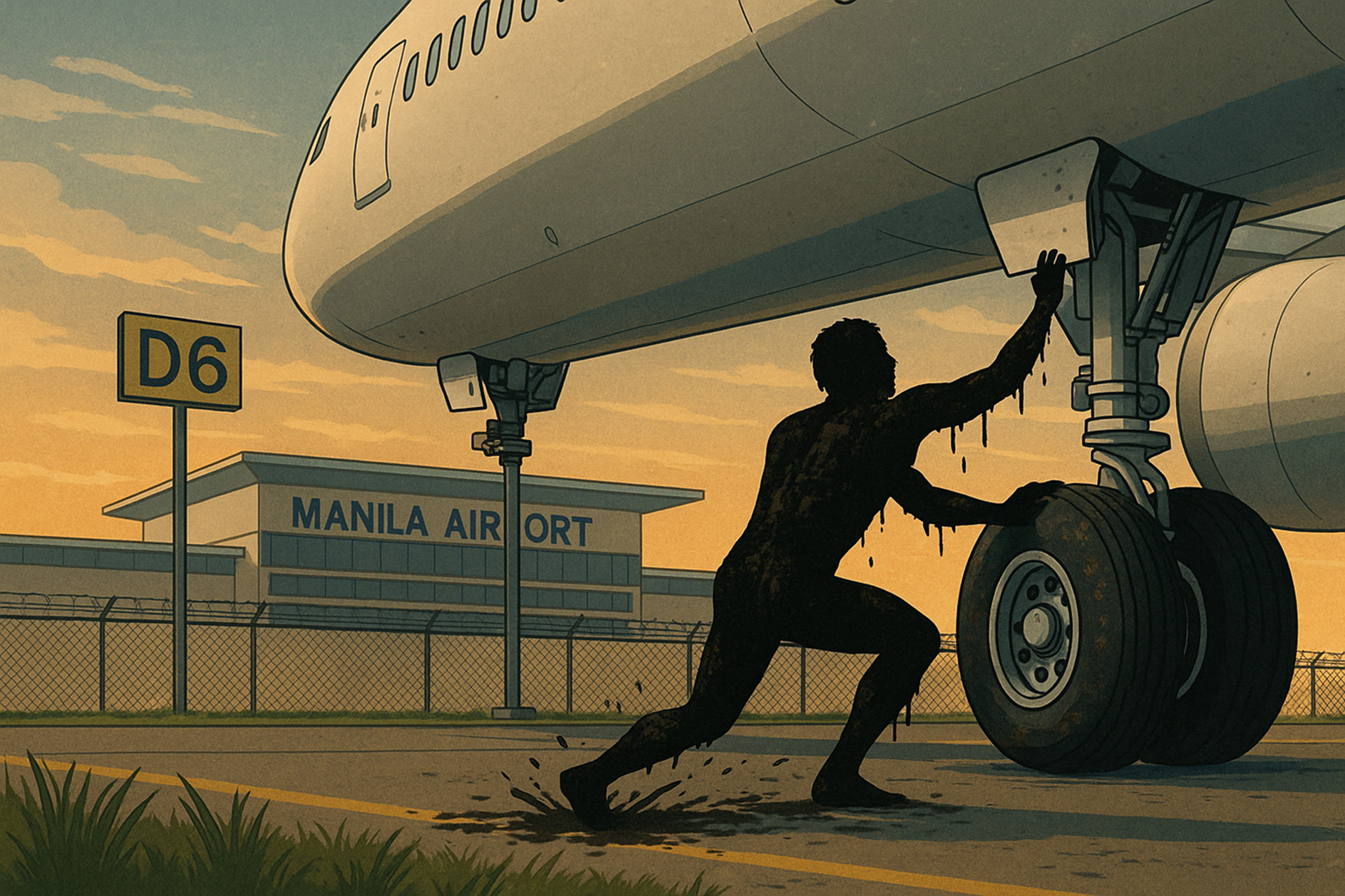

![Bitten By Bed Bugs At Luxor—Rushed To Hospital, All They Did Was Waive Her Resort Fee. Now She’s Suing [Roundup]](https://viewfromthewing.com/wp-content/uploads/2025/05/luxor.jpg?#)












